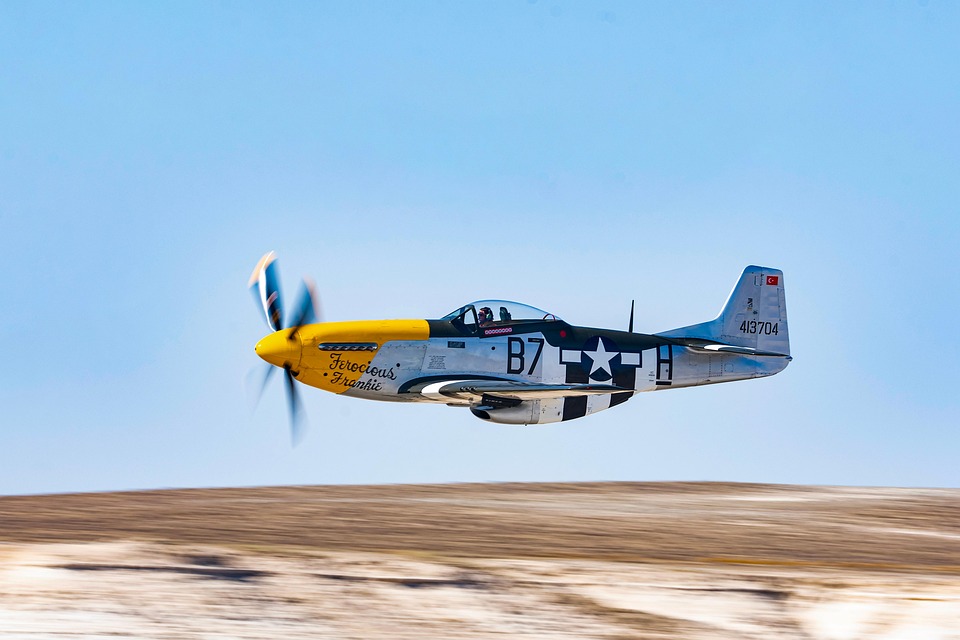Navigating the intricate world of aerospace engineering interviews can be quite the challenge. With the industry constantly evolving, aspiring engineers must equip themselves with a comprehensive arsenal of knowledge, skills, and strategies to stand out. Here’s a dive into the essentials of preparing for that coveted aerospace engineering position.
1. Understanding the Role
Before stepping into the interview room, it’s imperative to grasp the nuances of the role you’re applying for. Aerospace engineering encompasses a vast array of specialisations, from structural analysis to propulsion systems. Take the time to research the specific company and its projects. Are they focusing on commercial aviation, or are they delving into space exploration? Tailoring your expertise to align with their objectives can significantly enhance your appeal.
2. Anticipating Technical Questions
Technical questions form the backbone of aerospace interviews. Expect queries that delve into fundamental concepts as well as advanced topics. Here are a few examples:
- Fluid Dynamics: "Can you explain Bernoulli’s principle and its application in aerodynamics?"
- Materials Science: "What are the key differences between composite materials and metals in aerospace applications?"
- Systems Engineering: "How do you approach system integration in complex aerospace projects?"
Your ability to articulate answers with clarity and confidence will reflect your depth of knowledge. It’s wise to brush up on relevant theories and recent technological advancements.
3. Behavioural Interviews: The Human Element
Technical prowess alone won’t seal the deal. Employers are keen to assess your soft skills through behavioural questions. Prepare to explore your experiences and how they shaped your professional ethos. Consider the STAR (Situation, Task, Action, Result) technique to structure your responses effectively. Common behavioural questions may include:
- "Describe a challenging project you worked on. What was your role, and what did you learn?"
- "How do you handle tight deadlines and pressure?"
Demonstrating resilience and adaptability can set you apart from other candidates.
4. Showcasing Your Passion
Aerospace engineering isn’t merely a career; it’s a passion for many. During interviews, let your enthusiasm shine through. Discuss projects you’ve undertaken outside of academia or work. Whether it’s a personal rocket design or participation in engineering clubs, these experiences can provide insight into your commitment to the field.
5. Questions to Ask the Interviewer
Engagement is a two-way street. Prepare thoughtful questions that reflect your interest in the company and the role. For instance:
- "What are the main challenges currently facing your engineering team?"
- "How does the company support continuous learning and professional development for its engineers?"
These inquiries not only demonstrate your curiosity but also give you a clearer picture of the work environment.
A Final Word on Preparation
In the competitive realm of aerospace engineering, thorough preparation is key. Crafting a stellar CV that highlights your skills and experiences is just the beginning. Regularly revisiting fundamental concepts, staying abreast of industry trends, and honing your interview techniques will go a long way.
CVPortal continues to provide you with a range of high-quality CV references, ensuring you’re equipped with the best tools to launch your aerospace engineering career. Embrace the journey ahead, and remember, every interview is a step toward your aspirations.


